Cable is perfectly suited to many different mechanical applications because it is strong, it can be woven together in fine or dense strands, and it can easily have attachments like hooks and latches added to it. A sleeve can also be made to cover the mechanical cable to protect it from corrosion during use. Read More…
As leading innovative wire rope manufacturers, Bergen Cable Technology has been providing engineering assistance for well over half a century, helping customers develop cost effective, durable solutions.
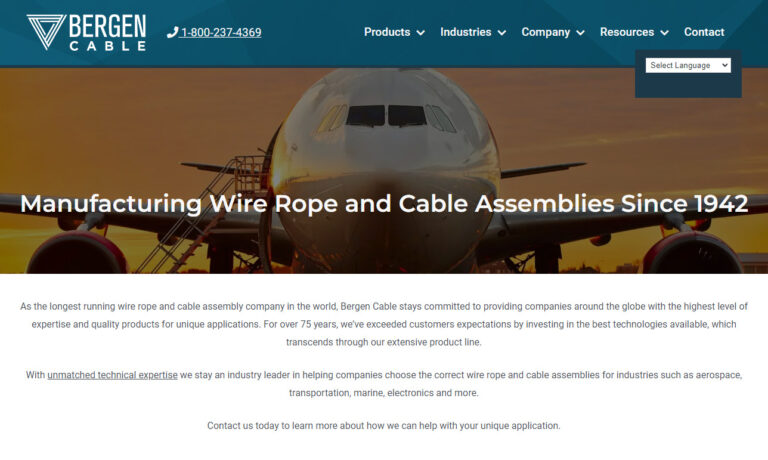
JSC, as one of the most diversified wire rope manufacturers, utilizes over 200 production machines to produce top rated wire products in ferrous and nonferrous materials. Industries that JSC serves include electronics, geophysical and communications.

Lexco is an ISO:9001 manufacturer of wire rope, cable, and bungee cord assemblies; and push-pull controls. Our in-house capabilities range from swaging and extrusions to die-casting, proof-loading, and CNC machining. Lexco Cable is proud to serve a diverse set of markets including military, aerospace, OEM, MRO, marine, architectural, and more. Contact us today.
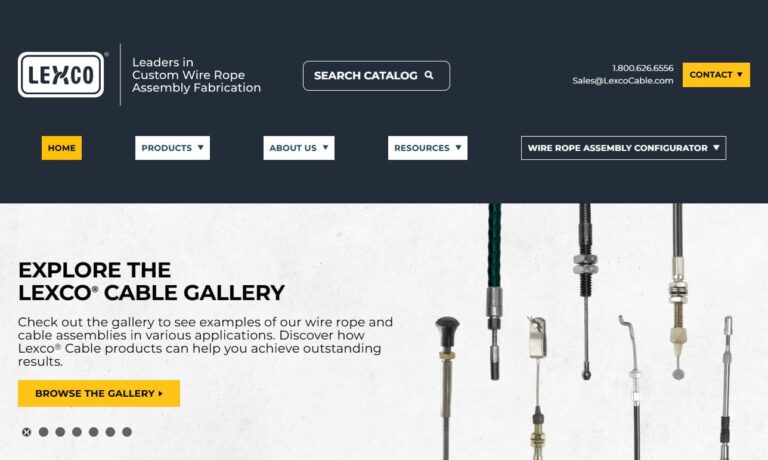
For over 30 years, companies across various markets have relied on Motion Control Technologies to provide high-quality mechanical cable solutions. Our line of products includes commercial cable lanyards, galvanized wire rope cable lanyards, swaged fittings, and more. We strive to build long-lasting relationships with our customers, regardless of your industry. Contact us today and tell us how we...
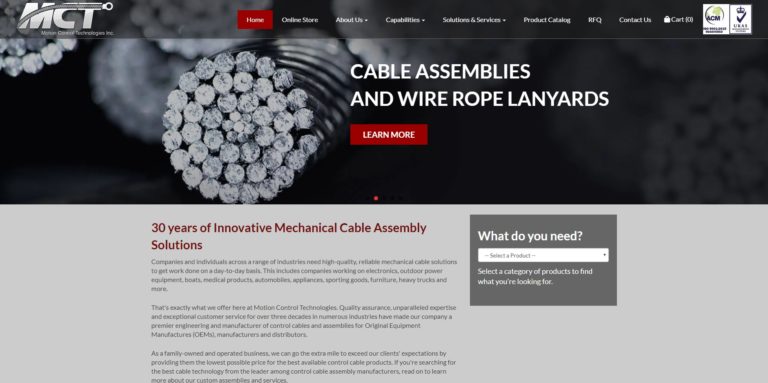
Aero Assemblies, Incorporated strives to make every effort, as dedicated wire rope manufacturers, to maximize product value throughout the manufacturing process.
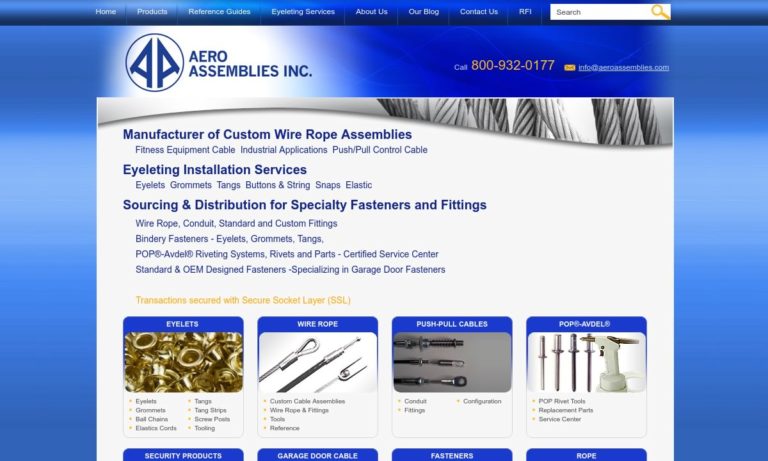
More Mechanical Cable Assembly Manufacturers
After strands of cable have been woven tightly together to create a cable that is thick enough to withstand the force that will be applied to it in a certain application, any parts that need to be added to the cable before it is installed will be added. Since mechanical cable is almost always used in an application where it will be moving, a coating is added to the finished cable to protect the metal and make the cable smoother.
Mechanical cable assemblies end up being used in medical devices, electronics, telecommunications, the aerospace industry, industrial equipment, and numerous other consumer goods.
If the cable is being manufactured and then sold to a product manufacturer, it is created in lengths that are rolled up for easy transportation and storage. Once the cable needs to be fitted, it can easily be unrolled and cut to the appropriate length.
Mechanical cables are all classified by grade and type of construction. These grades are based on the cable's overall tensile strength and resistance to abrasion. The grade of a cable determines what applications it is suitable for, and a higher grade should be used for any setting where there could be safety concerns.
In the aerospace industry, manufacturers are required to use aircraft grade cable that meets a certain minimum for tensile strength, lubrication, and packaging. The stakes are very high in airplane manufacturing, so even something as small as a minor mechanical cable needs to be durable.



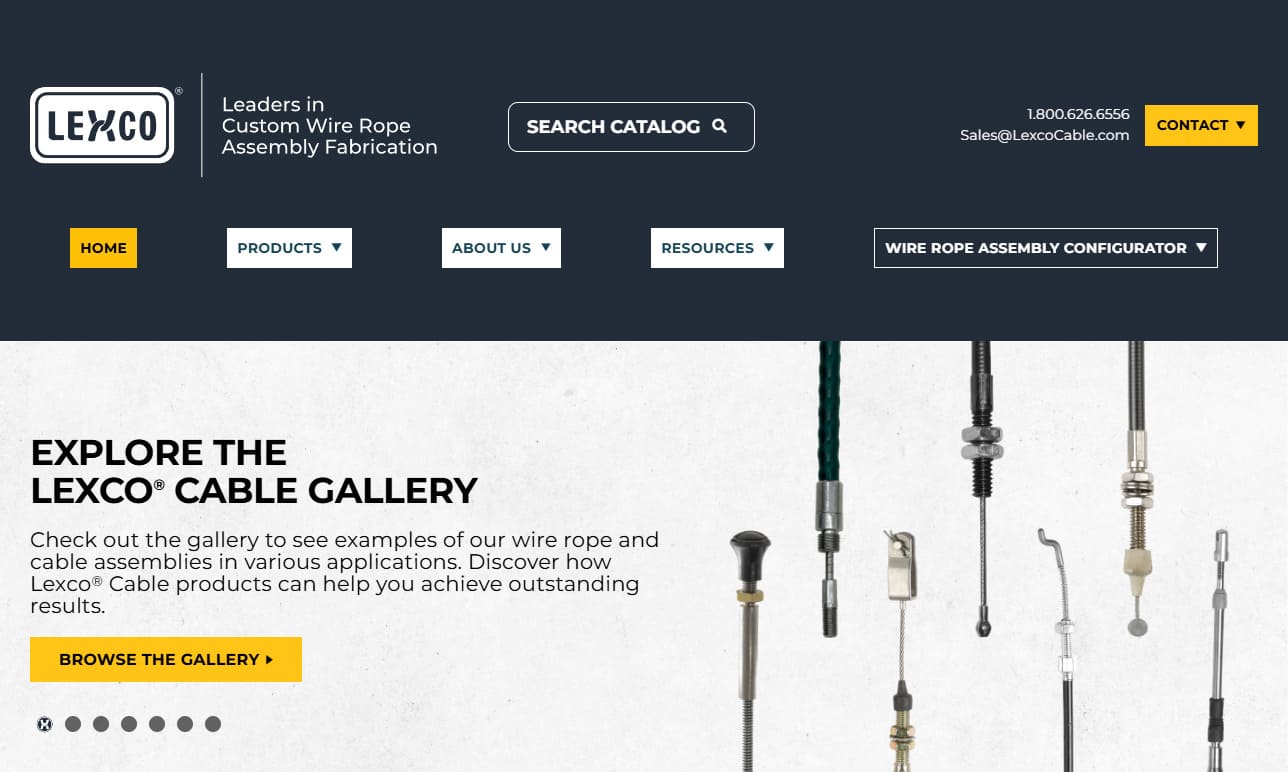


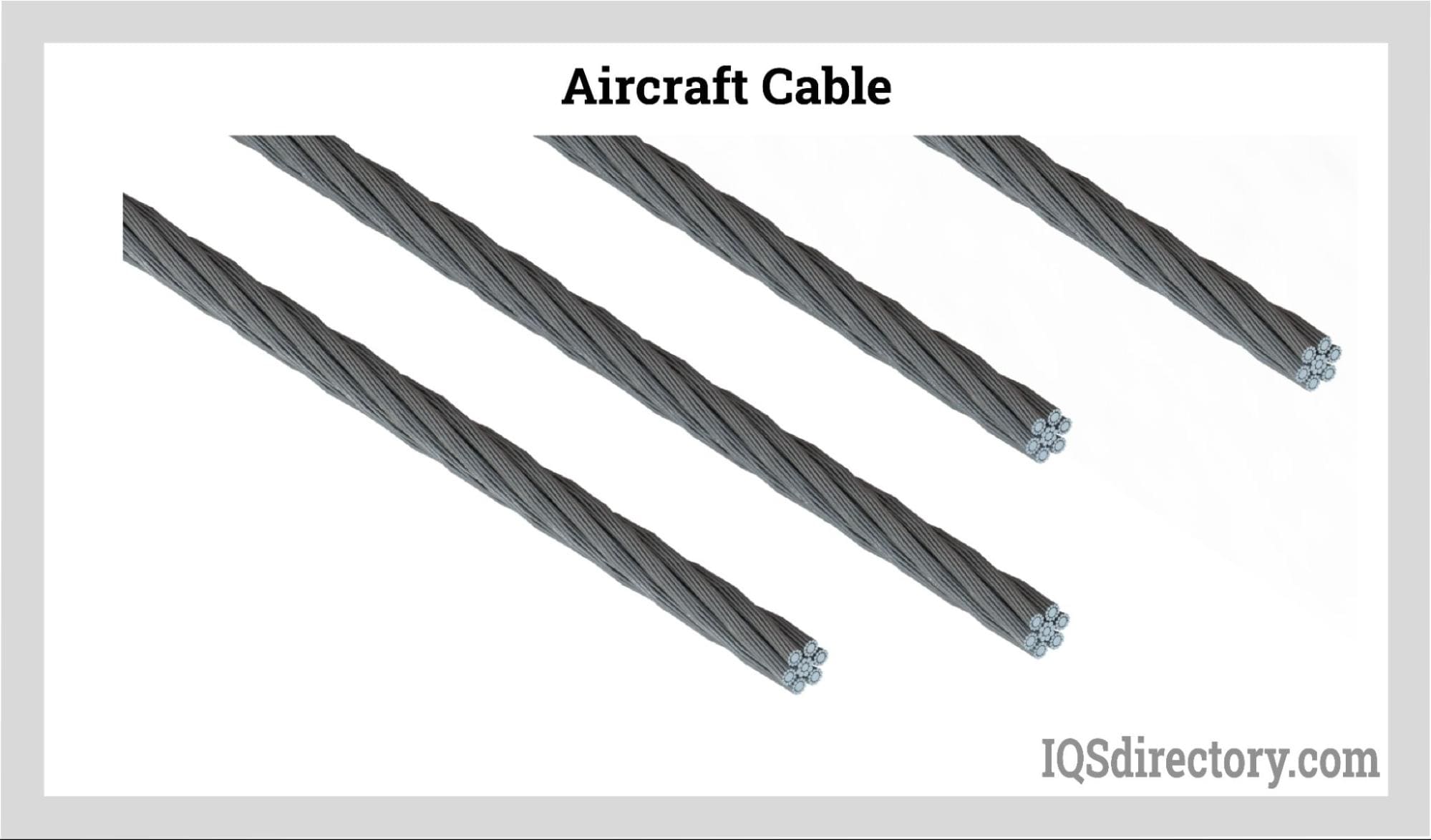
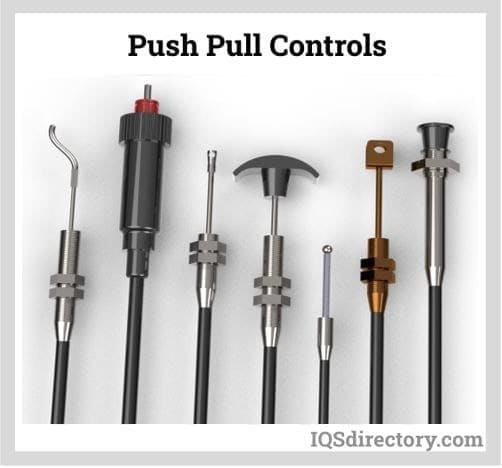
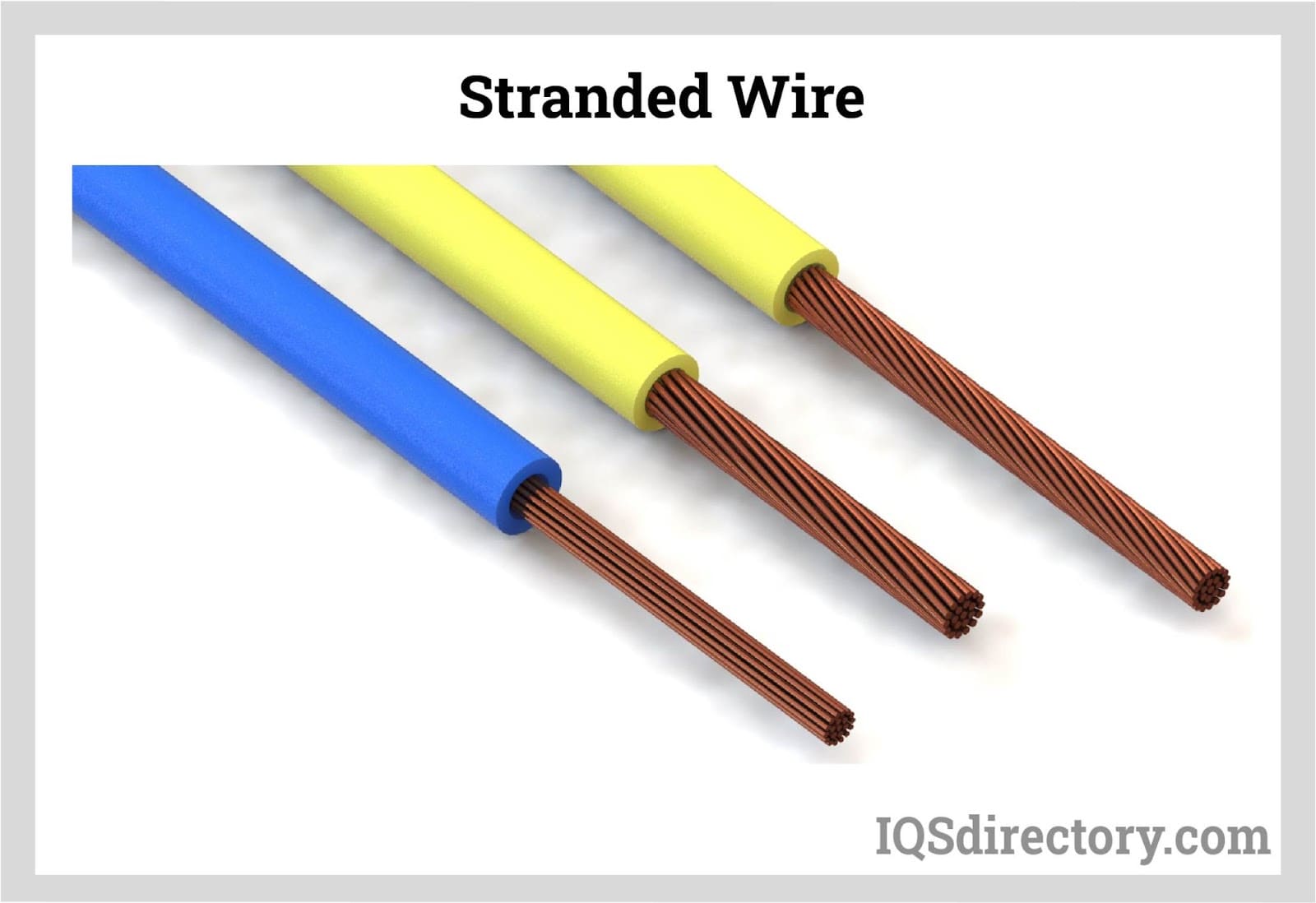
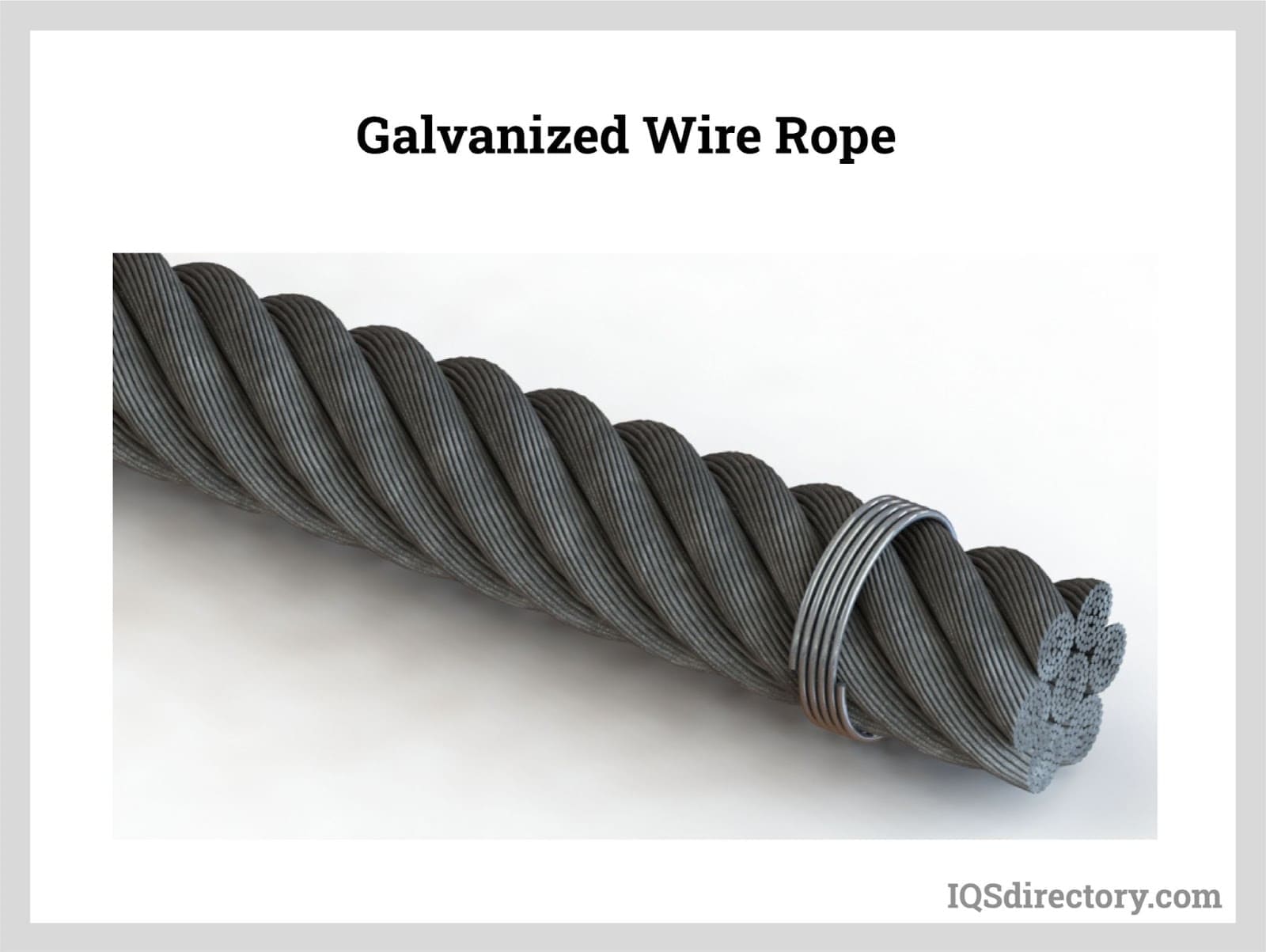

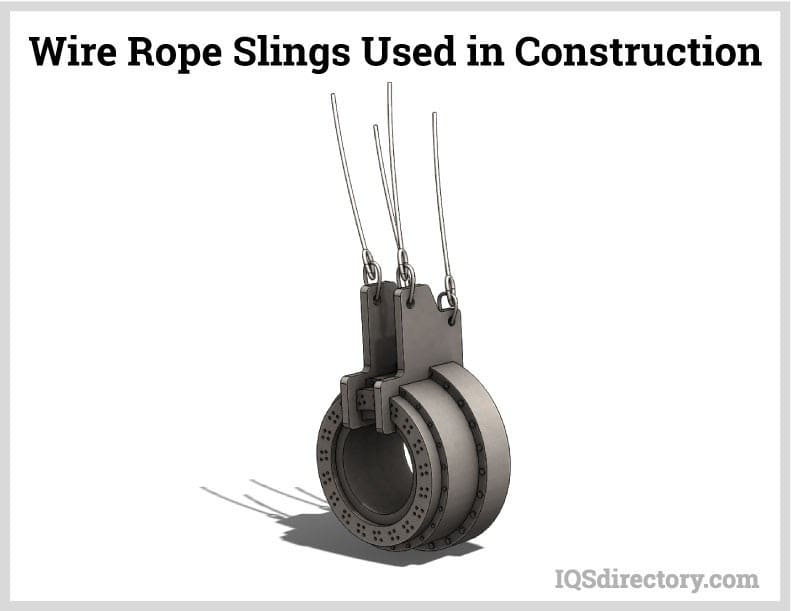
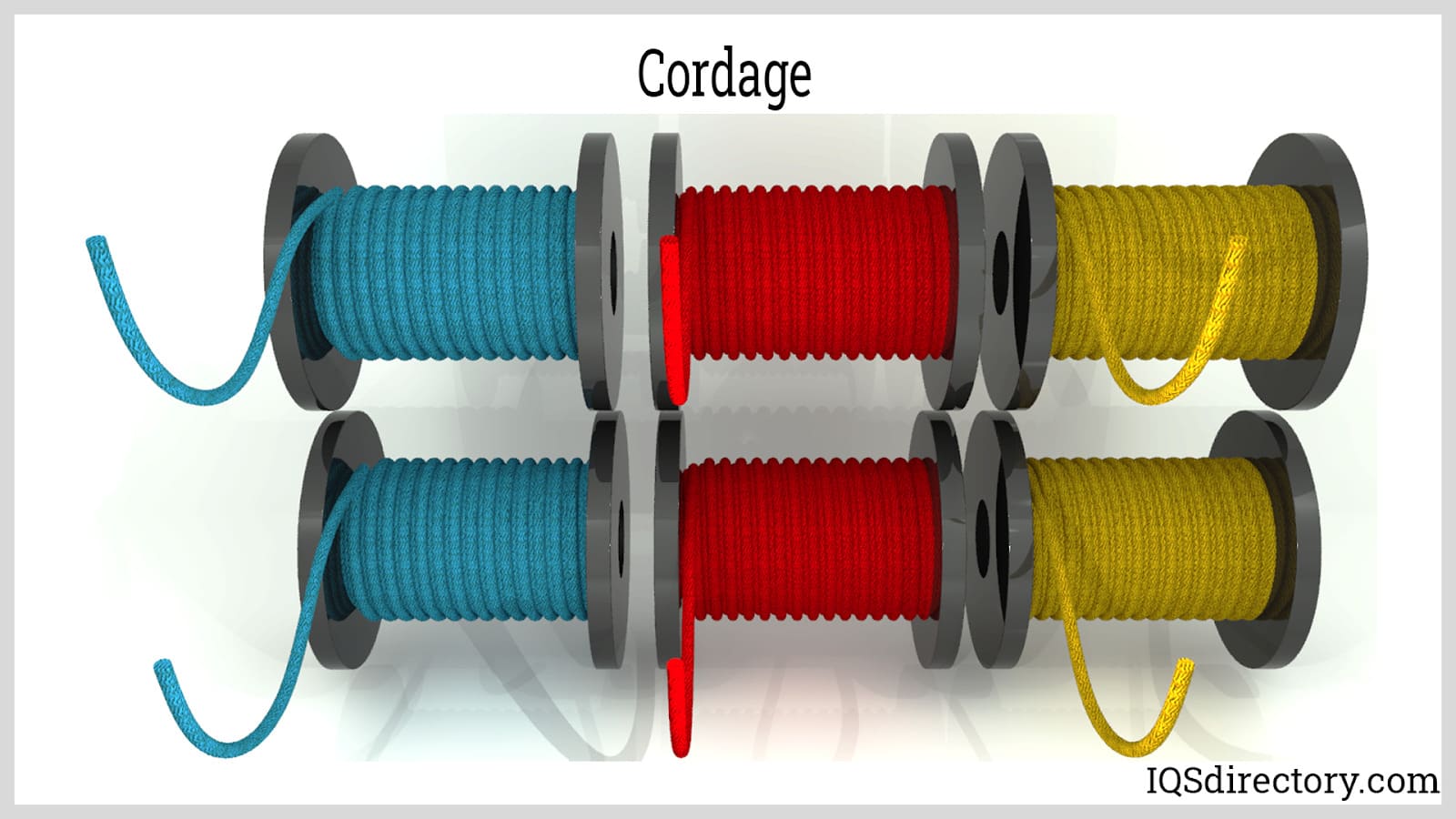
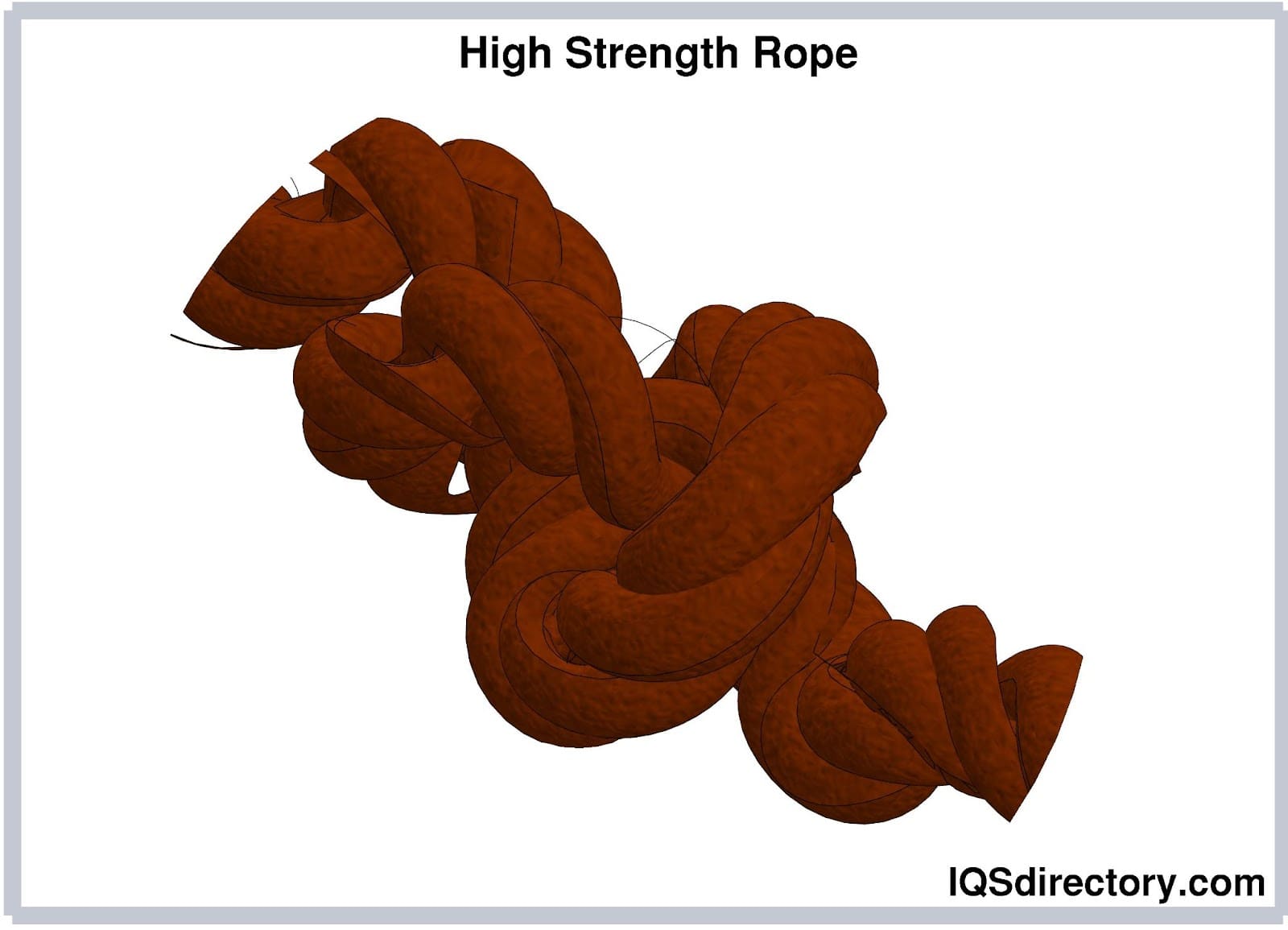
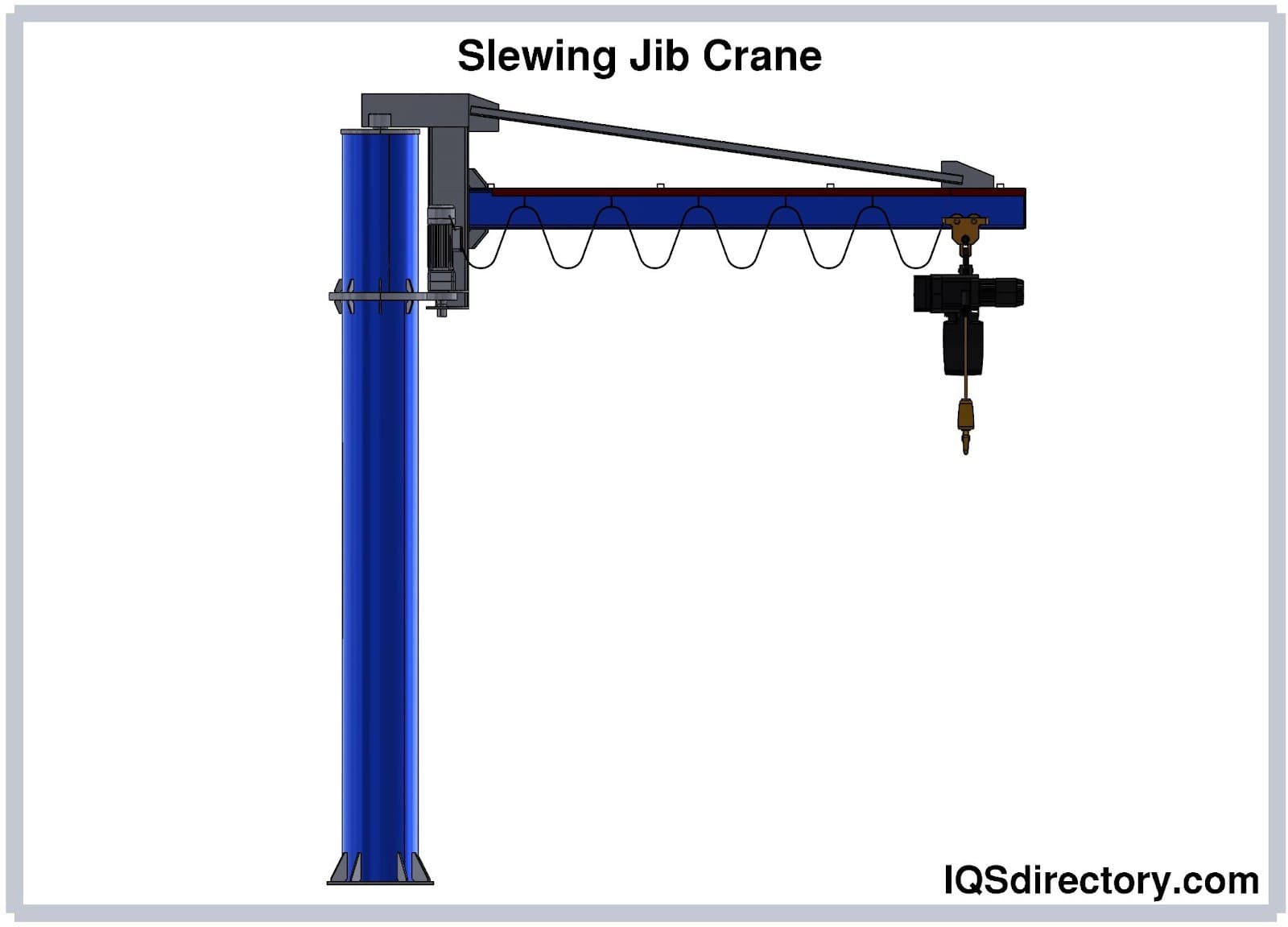
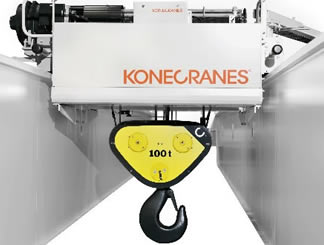 Cranes
Cranes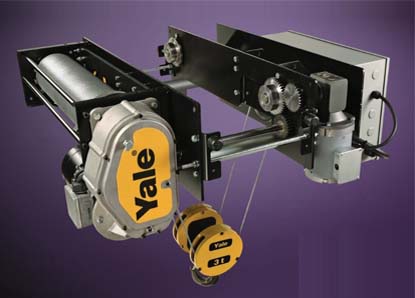 Electric Hoists
Electric Hoists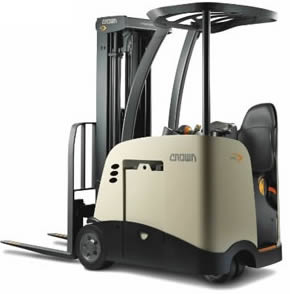 Forklifts
Forklifts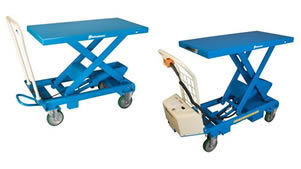 Hydraulic Lifts
Hydraulic Lifts Rope
Rope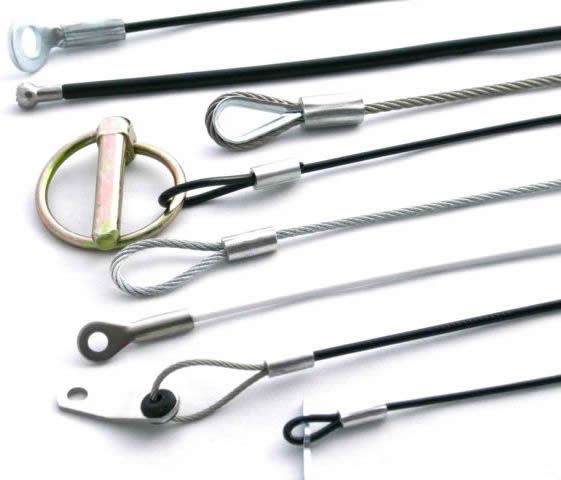 Wire Rope
Wire Rope Castings & Forgings
Castings & Forgings Bulk Material Handling
Bulk Material Handling Electrical & Electronic Components
Electrical & Electronic Components Flow Instrumentation
Flow Instrumentation Hardware
Hardware Material Handling Equipment
Material Handling Equipment Metal Cutting Services
Metal Cutting Services Metal Forming Services
Metal Forming Services Metal Suppliers
Metal Suppliers Motion Control Products
Motion Control Products Plant & Facility Equipment
Plant & Facility Equipment Plant & Facility Supplies
Plant & Facility Supplies Plastic Molding Processes
Plastic Molding Processes Pumps & Valves
Pumps & Valves Recycling Equipment
Recycling Equipment Rubber Products & Services
Rubber Products & Services